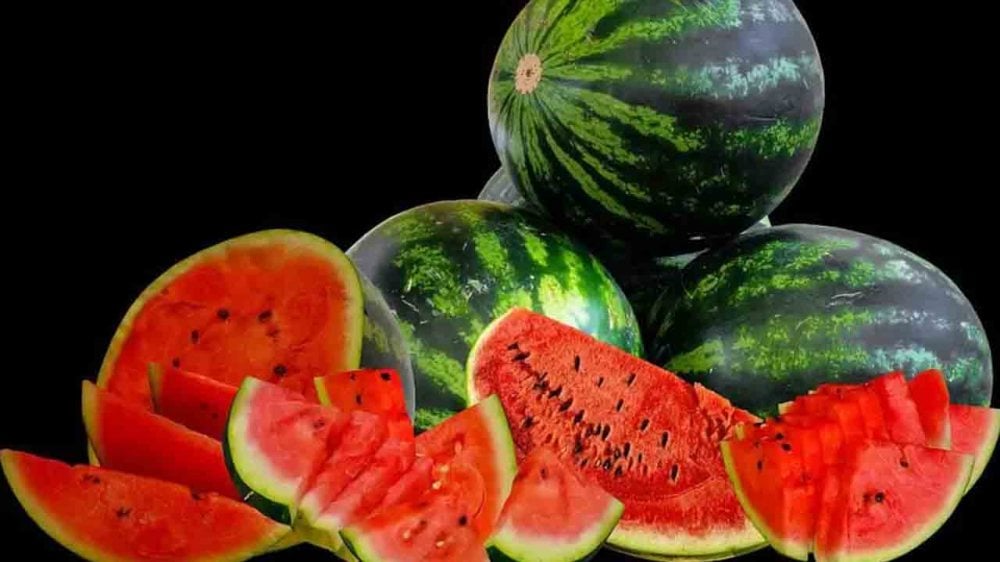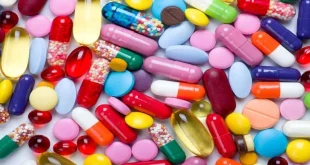
National Watermelon Day is celebrated every year on August 3. Watermelon contains 92% water, the first watermelon was harvested in Egypt about 5,000 years ago. Pictures of different types of watermelons have also been found in ancient Egyptian inscriptions. So know what are the benefits of consuming water-rich watermelon and what vitamins are obtained from it.
Watermelon was first discovered in Africa
Watermelon originated in Africa, then spread to Mediterranean countries and other parts of Europe. By the end of the ninth century, watermelon cultivation had become common in China and the rest of Asia. According to one report, the word 'watermelon' first appeared in the English dictionary in 1615. Watermelon is commonly known as a type of melon, but it does not belong to the Cucumis genus. The outer rind of a watermelon is dark green with yellow stripes or spots. There are more than 300 varieties of watermelon available in the United States, ranging from red to white and in various shapes and sizes.
What are the benefits of eating watermelon?
- This healthy fruit contains 92% water. This means you eat fewer calories and more food. This fruit has the ability to prevent your dehydration and this means you should include it in your weight loss diet.
- If you want to lose weight then you should include this juicy fruit in your diet. Lycopene can lower cholesterol and thus reduce the risk of heart disease.
- Lack of potassium in the human body can cause numbness and tingling. So if you are suffering from leg cramps then it could be due to lack of potassium in the body. All you need to do is drink a glass of watermelon juice.
- Watermelon contains electrolytes that can prevent heat stroke. All you have to do is drink watermelon juice and it will keep your body cool and help regulate body temperature.
How many nutrients are in one cup of chopped watermelon?
- Calories: 45.6
- Fat: 0.228 g
- Sodium: 1.52 mg
- Carbohydrates: 11.5 grams
- Fiber: 0.608 grams
- Added sugar: 9.42 g
- Protein: 0.927 g
 look news india
look news india

